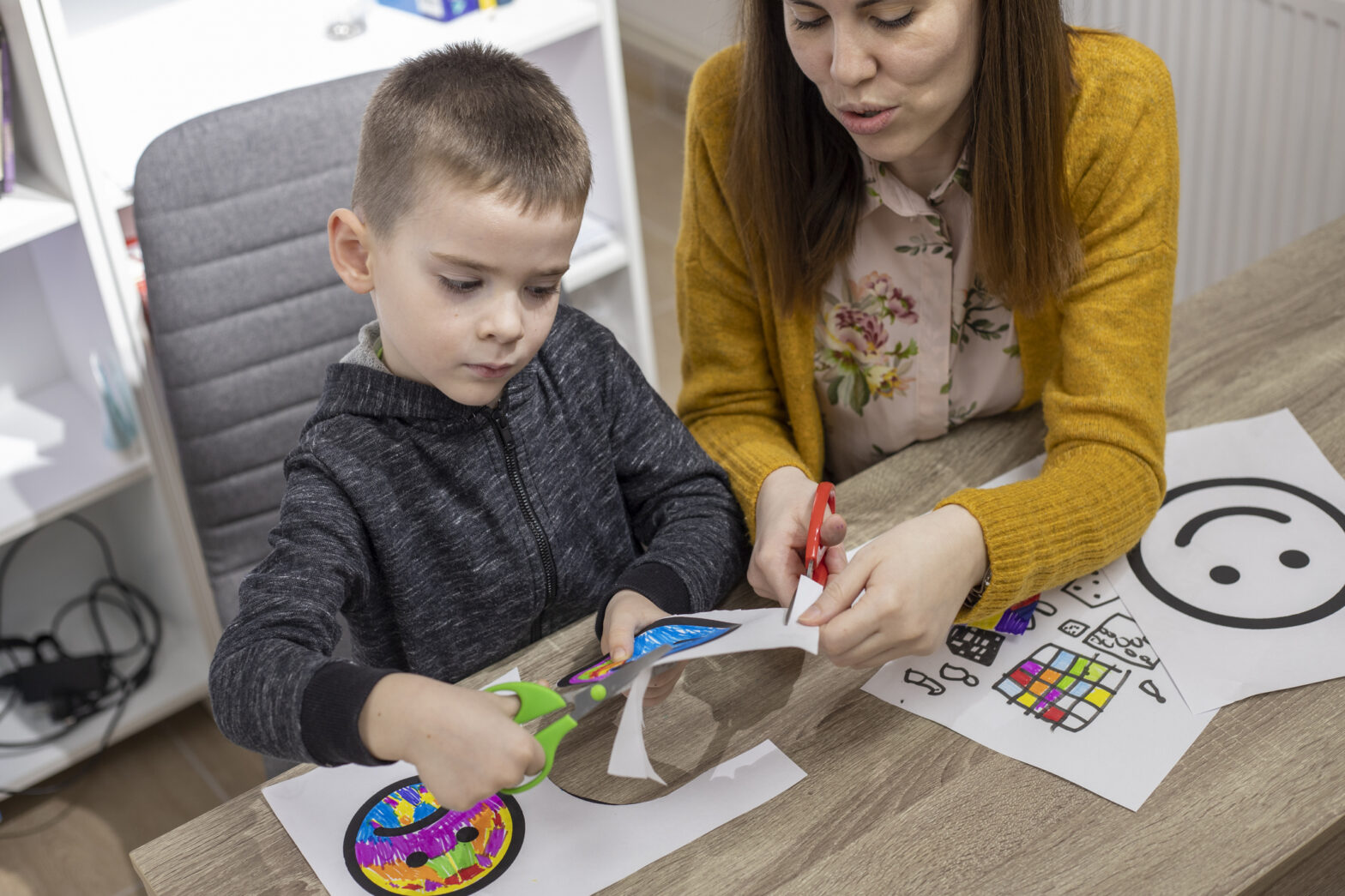10 Thanksgiving Activities for Autism

Autism spectrum disorder (ASD) is a complex neurodevelopmental condition that affects how individuals communicate, interact socially, and process sensory information. Children with autism often experience challenges with social interactions, communication, and behavior patterns. However, they can thrive and participate fully in family celebrations like Thanksgiving with the right support and accommodations.
10 Thanksgiving Activities for Kids With Autism
Thanksgiving is a time for family, gratitude, and celebration. For children with autism, the holiday season can be both exciting and challenging. To ensure a joyful and inclusive Thanksgiving experience, it’s essential to plan activities for autism that cater to their unique needs and interests. The following activities for kids with autism are designed to make Thanksgiving more enjoyable and meaningful.
Sensory-Friendly Thanksgiving Crafts
Creating Thanksgiving-themed crafts can be an excellent way to engage children with autism in holiday activities for autism. Consider setting up a craft station with feathers, construction paper, and safety scissors for making hand turkeys or Thanksgiving cards.
Thanksgiving Social Stories
Develop and read social stories about Thanksgiving traditions to help autistic children understand and prepare for the holiday. This activity for children with autism can reduce anxiety and improve social understanding.
Thanksgiving Sensory Bins
Create sensory bins filled with Thanksgiving-themed items like dried corn kernels, small pumpkins, and artificial leaves. This activity for children with autism can help with sensory exploration and fine motor skills.
Quiet Zone Setup
Designate a quiet area where children can retreat if they feel overwhelmed. Stock it with comfort items, noise-canceling headphones, and calming activities for autism to provide a safe space during Thanksgiving gatherings.
Thanksgiving Scavenger Hunt
Organize a simple scavenger hunt with Thanksgiving-related items. This activity for kids with autism can encourage movement, observation skills, and family interaction in a structured way.
Adaptive Cooking Activities
Involve children in simple, autism-friendly Thanksgiving cooking activities like mixing ingredients, rolling out dough, or decorating cookies. This can help develop life skills and provide a sense of accomplishment.
Thanksgiving-Themed Sensory Play
Set up sensory play stations with materials like pumpkin-scented playdough, textured leaves, or a cornmeal sensory bin. These activities for autism can provide calming sensory input during the excitement of Thanksgiving.
Visual Schedule for Thanksgiving Day
Create a visual schedule outlining the day’s events to help children with autism understand and prepare for the Thanksgiving activities. This can reduce anxiety and provide a sense of structure.
Gratitude Tree
Set up a “Gratitude Tree” where family members, including children with autism, can add leaves with things they’re thankful for. This activity encourages emotional expression and family bonding.
Thanksgiving Movement Games
Incorporate movement-based games with a Thanksgiving theme, such as “Turkey Tag” or “Pumpkin Roll.” These activities for children with autism can help with gross motor skills and provide necessary physical activity during the holiday.
Creating an Environment During Thanksgiving Activities for Autism
While engaging activities can enhance the Thanksgiving experience for children with autism, it’s essential to create a calm and structured environment to minimize sensory overload and anxiety. Here are some tips to consider:
- Prepare a Visual Schedule: Create a visual schedule that outlines the sequence of events and activities for the day.
- Designate a Quiet Space: Identify a quiet, low-stimulation area where your child can take breaks or retreat if overwhelmed.
- Limit Decorations and Lighting: Excessive decorations, flashing lights, or strong scents can be overwhelming for children with autism.
- Provide Sensory Tools: Have a variety of sensory tools available, such as noise-canceling headphones, fidget toys, or chewable jewelry, to help your child self-regulate and cope with sensory input.
- Communicate Expectations: Clearly explain the expectations for the day, including any changes in routine or special events.
- Involve Your Child: Encourage your child to participate in the planning and preparation process.
- Respect Preferences: Respect your child’s preferences for certain foods, activities, or environments.
How ABA Therapy Can Enhance Thanksgiving Activities for Autism
Thanksgiving can be a wonderful opportunity for children with autism to both enjoy family traditions and work on their developmental goals, with the support of applied behavior analysis (ABA) therapy. This approach focuses on personalized learning and positive reinforcement, making it easy to integrate ABA techniques into festive activities. For instance, helping with tasks like setting the table or preparing simple dishes can be broken down into clear, achievable steps, with encouragement and praise. This not only keeps children engaged but also helps them practice new skills and gain a sense of independence.
By weaving ABA strategies into Thanksgiving routines, families can create a welcoming atmosphere that supports both the joy of the holiday and the child’s ongoing development. This blend of celebration and learning ensures that Thanksgiving is not only a time of fun but also a meaningful opportunity for personal growth and progress for children with autism.
Celebrate Thanksgiving with Empower Behavioral Health’s Supportive Approach
At Empower Behavioral Health, we understand the importance of creating inclusive holiday experiences for children with autism. By incorporating autism-friendly activities for children with autism and fostering a calm, structured environment, your child can enjoy Thanksgiving while feeling supported and understood. With our specialized ABA therapy, we help children thrive in every aspect of life. If you’re ready to learn more about how we can support your child during the holiday season and beyond, reach out to Empower Behavioral Health today!

